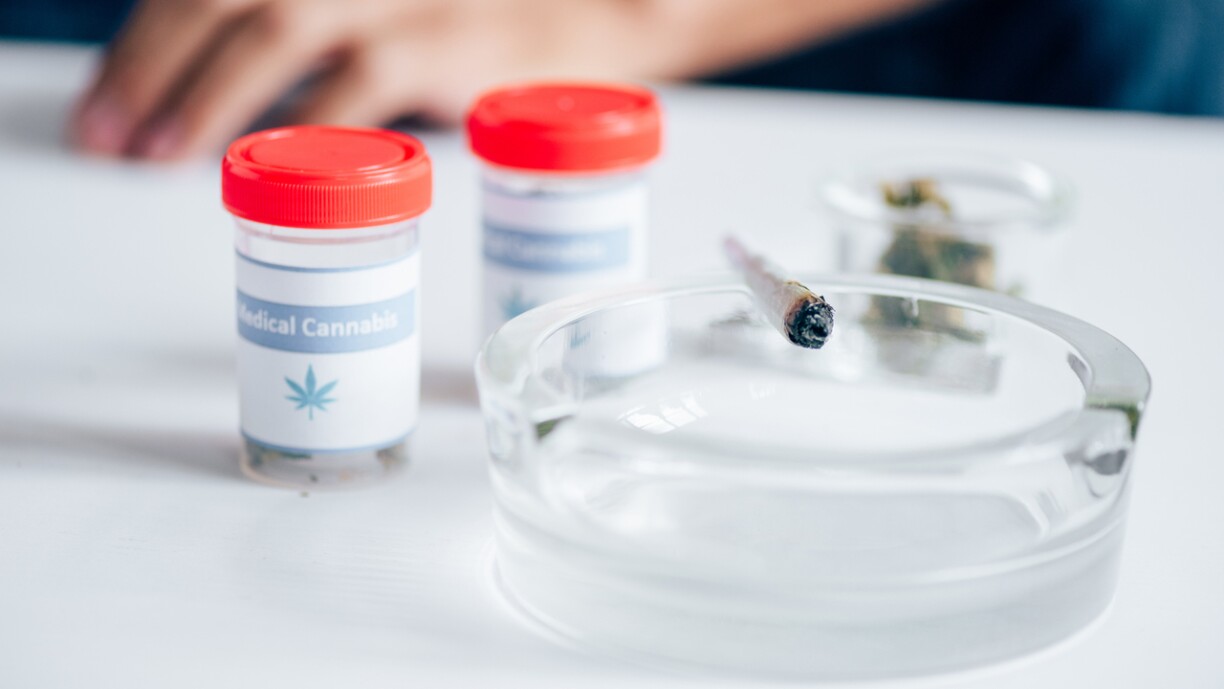
In response to a parliamentary question from the Luxembourg Socialist Workers’ Party (LSAP) regarding changes to the medicinal cannabis programme, Minister of Health Martine Deprez has claimed that, to date, there are “no proven scientific conclusions” regarding “the widespread effectiveness or added value” of medicinal cannabis.
The changes were announced last week in the Chamber of Deputies and are set to take effect on 1 January 2025.
Starting 1 January, the use of THC-rich flowering tops will be discontinued, and the maximum quantity of cannabis that can be prescribed for a 28-day period will be reduced to 60 grammes.
According to Deprez, there are issues with dosing cannabis flowers. The minister also highlighted concerns about the potential for misuse, as flowering tops can be smoked, unlike cannabis oil extracts.
The transition will be gradual, in contrast to the abrupt cessation of cannabis flower distribution in France. The Grand Duchy will begin by phasing out THC-rich buds, which Deprez claimed carry higher risks for patients.
When asked by LSAP whether the decision could be postponed to avoid further penalising patients, Deprez defended the timeline, stating that the Ministry of Health had announced the changes in mid-October, providing a three-month adjustment period. She added that patients will still be able to access cannabis-based treatments in the form of oil extracts.